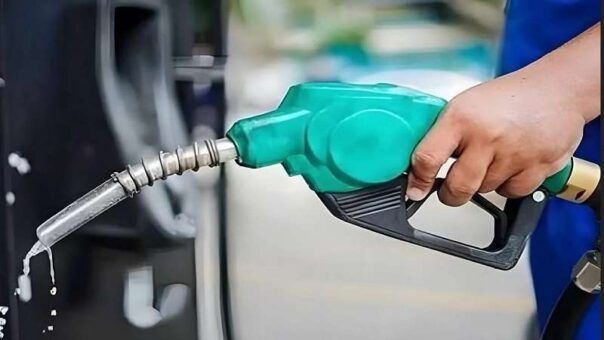Islamabad, December 16, 2024 – Pakistan has announced a revision in petroleum prices for the final fortnight of the year 2024. According to a statement issued by the Finance Division, the price of petroleum-based petrol will remain unchanged at Rs252.10 per litre for the next two weeks. However, the government has reduced the prices of high-speed diesel (HSD), kerosene, and light diesel oil (LDO), providing some relief to consumers.
High-speed diesel, a key fuel for heavy transportation and agricultural machinery, saw a reduction of Rs3.05 per litre, bringing its price down to Rs255.38 per litre. Similarly, the price of kerosene has been reduced by Rs3.32 to Rs161.66 per litre, while light diesel oil is now priced at Rs148.95 per litre, reflecting a decrease of Rs2.78.
“The Oil and Gas Regulatory Authority (OGRA) has worked out the consumer prices of petroleum products in view of fluctuations in the international market during the last fortnight,” stated the Finance Division’s notification.
Below is a breakdown of the revised prices:
| Product | Existing Price (Rs) | New Price (Rs) | Increase/Decrease (Rs) |
| High-Speed Diesel | 258.43 | 255.38 | -3.05 |
| Petrol | 252.10 | 252.10 | 0.00 |
| Kerosene | 164.98 | 161.66 | -3.32 |
| Light Diesel Oil | 151.73 | 148.95 | -2.78 |
These adjustments are based on trends observed during the first half of December, influenced by global market volatility, including changes triggered by the recent regime shift in Syria. Although crude oil and petroleum products are currently available in abundance internationally, demand remains subdued.
The previous fortnightly review saw an increase in petroleum prices by Rs3.72 per litre, rising from Rs248.38 to Rs252.10. HSD prices also increased by Rs3.29, from Rs255.14 to Rs258.43 per litre.
Petrol, primarily consumed by private vehicles, rickshaws, and two-wheelers, significantly impacts the budgets of middle- and lower-middle-class households. Conversely, high-speed diesel is integral to the transport sector and agricultural operations. Changes in petroleum prices often trigger inflationary pressures, raising costs for transporting goods and producing essential commodities such as vegetables and other food items.
The latest revisions aim to balance consumer relief with market dynamics, as Pakistan navigates the complex interplay of domestic needs and global economic conditions.
